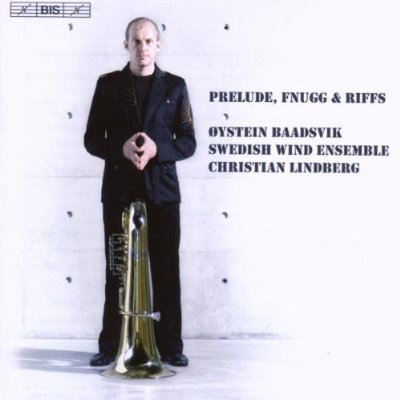
Salome (French: Salom ) is a tragedy by Oscar Wilde. The original 1891 version of the play was in French. Three years later an English translation was published. The play tells in one act the Biblical story of Salome, stepdaughter of the tetrarch Herod Antipas, who, to her stepfather's dismay but to the delight of her mother Herodias, requests the head of Jokanaan (John the Baptist) on a silver platter as a reward for dancing the dance of the seven veils.
Wilde had considered the subject since he had first been introduced to H rodias, one of Flaubert's Trois Contes, by Walter Pater, at Oxford in 1877. His interest had been further stimulated by descriptions of Gustave Moreau's paintings of Salom in Joris-Karl Huysmans's rebours. Other literary influences include Heinrich Heine's Atta Troll, Laforgue's Salom in Moralit s L gendaires and Mallarm 's H rodiade.
Many view Wilde's Salom as a superb composite of these earlier treatments of the theme overlaid, in terms of dramatic influences, with Belgian playwright Maurice Maeterlinck's characteristic methodical diction, and specifically Maeterlinck's La Princesse Maleine, 'with its use of colour, sound, dance, visual description and visual effect'. Wilde often referred to the play in musical terms and believed that recurring phrases 'bind it together like a piece of music with recurring motifs. ' Although the "kissing of the head" element was used in Heine and even Joseph Converse Heywood's production, Wilde's ingenuity was to move it to the play's climax. While his debts are undeniable, there are some interesting contributions in Wilde's treatment, most notably being his persistent use of parallels between Salom and the moon.
Scholars like Christopher Nassaar point out that Wilde employs a number of the images favoured by Israel's kingly poets and that the moon is meant to suggest the pagan goddess Cybele, who, like Salom , was obsessed with preserving her virginity and thus took pleasure in destroying male sexuality.







